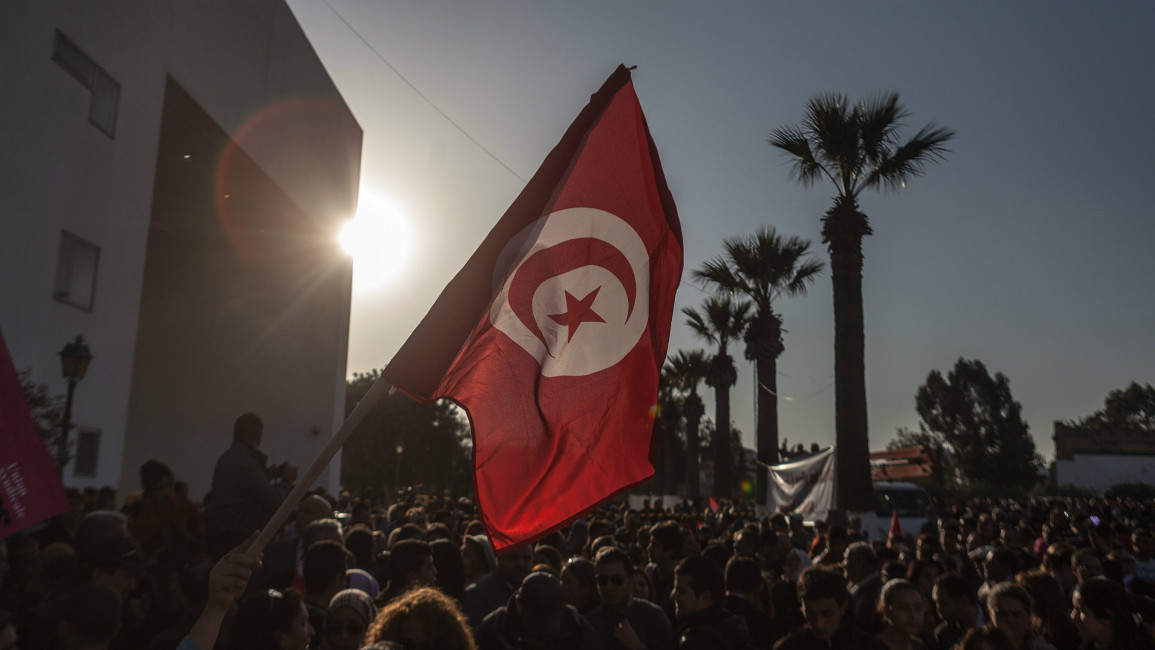Tunisia’s gay population 'subject to torture and abuse'
Gay men in Tunisia are being subjected to "grave human rights abuses" including "beatings, forced anal examinations, and routine humiliating treatment", a leading human rights group has found.
Human Rights Watch [HRW] submitted a report on Tunisia to the United Nations Committee against Torture earlier this month, with a specific focus on the use of forced anal examinations.
"Forced anal examinations are a form of cruel, inhuman and degrading treatment that can rise to the level of torture," HRW said in its report.
The abuse has been compared to "virginity tests" carried out on women in several countries of the Middle East and beyond. The examiner's finger is inserted into the victim's anus, ostensibly in an effort to check whether or not he has been previously penetrated, and whether any semen remains in the anal cavity.
The organisation has been "closely monitoring the human rights situation in Tunisia for decades", and says members of marginalised groups, including men suspected of homosexual conduct, are particularly vulnerable to abuse.
Over the past six months, Tunisia has prosecuted at least seven men for consensual same-sex conduct in two prominent cases. All of the men were convicted under article 230 of the penal code, which criminalises "sodomy" with up to three years in prison.
 |
Forced anal examinations are a form of cruel, inhuman and degrading treatment that can rise to the level of torture |  |
Human Rights Watch interviewed five of the men who had been sentenced, with all of them saying that police had subjected them to grave human rights abuses.
"The Tunisian government has no business intruding on people's private sexual behaviour and brutalising and humiliating them under the pretext of enforcing a discriminatory law," said Amna Guellali, HRW's Tunisia director.
| Comment: Imagining gay liberation in the Middle East |
Victims reported that they experienced anal examinations as a form of unwanted penetration, which, in the words of one victim in Tunisia, made him feel "like an animal."
"I felt I wasn't human," the victim told Human Rights Watch. "When I got dressed they put handcuffs on me and I went out, feeling completely in shock. I couldn't absorb what was going on.
"The two police were standing and watching what the doctor was doing. I felt violated. I didn't want to be naked in front of people - not just one person, but three people. It was the first time anything like this had happened to me and I couldn't absorb anything," he added.
 |
Victims reported that they experienced anal examinations as a form of unwanted penetration, which, in the words of one victim in Tunisia, made him feel 'like an animal' |  |
Human Rights Watch research has also found that, beyond forced anal examinations, the law criminalising consensual adult same-sex conduct invites abuse by police for which there is little to no accountability.
One victim told the organisation that he was "slapped on the face and punched on the shoulder" after refusing to take the anal test.
"Tunisia should remove such archaic laws from its books, and the police who mistreated these men should be held accountable," Guellali added.
The victims told Human Rights Watch that the beatings, humiliation, and anal testing traumatised them, adding that their families and communities had rejected them.
"Physical pain goes away, but the psychological and emotional pain does not go away," one student said, describing his experience.
The United Nations Committee against Torture will commence its review of Tunisia and other states in Geneva this week.



